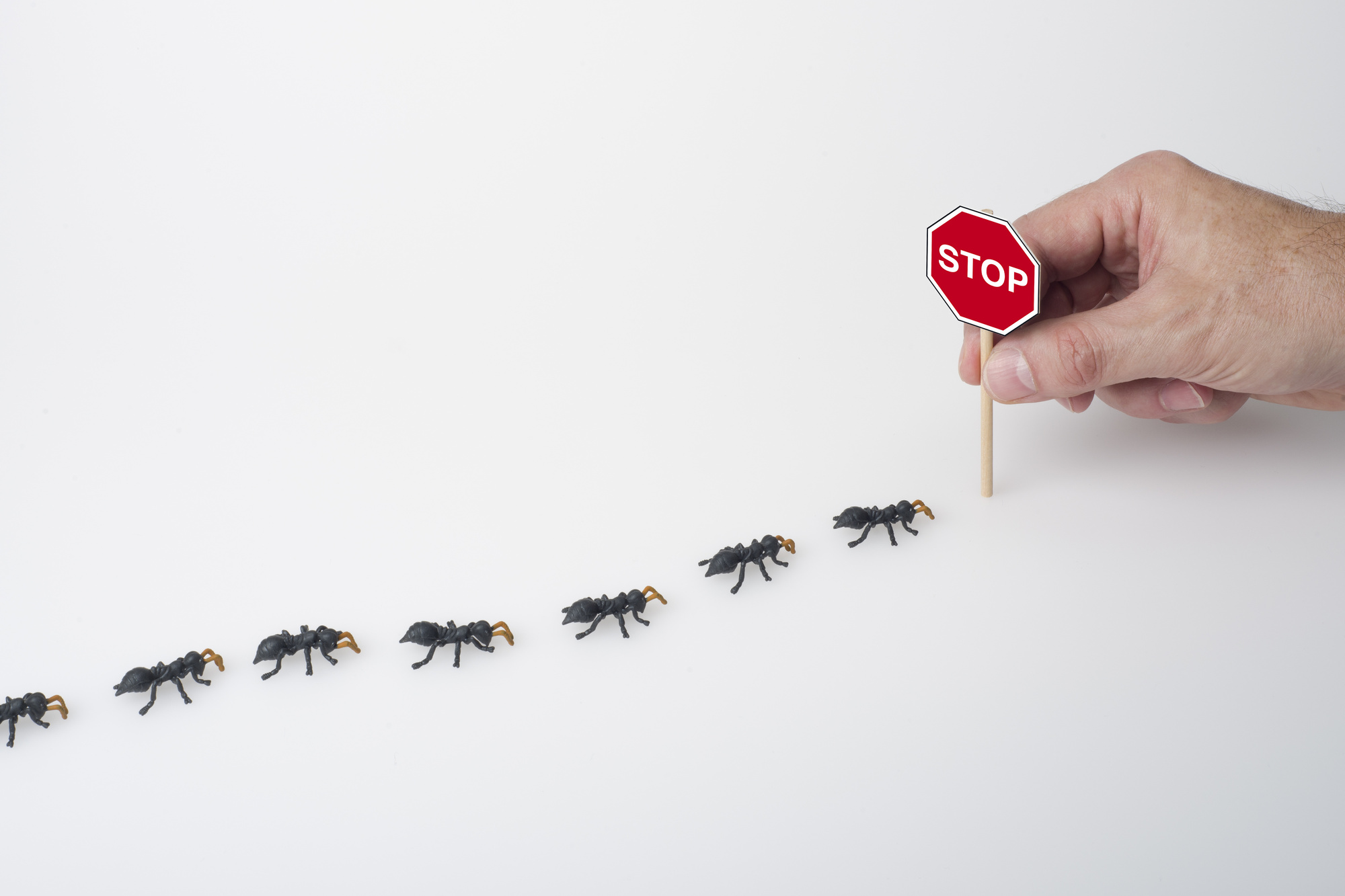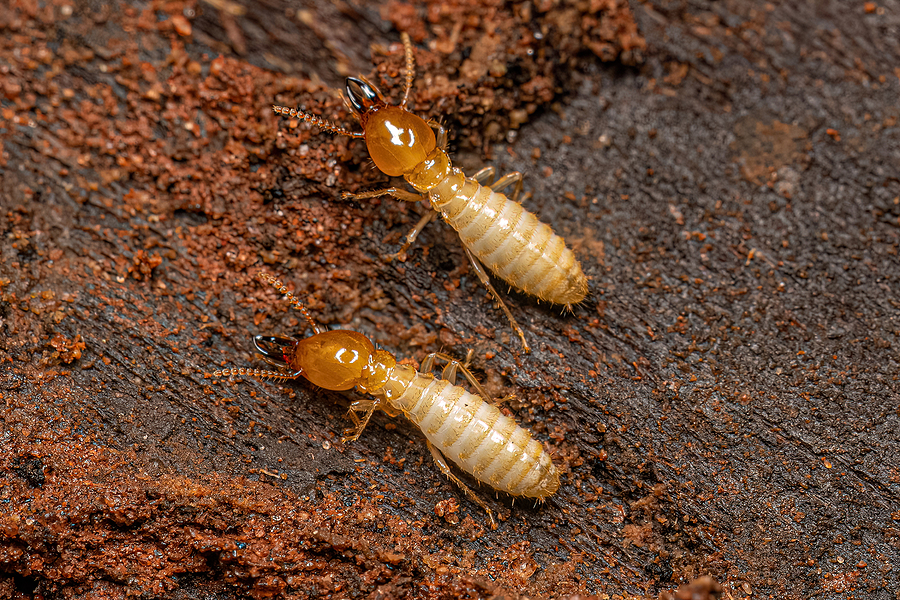Ecological Impact of Insect Control: Balancing Efficiency With Sustainability
The ecological influence of pest control is an essential problem that calls for a delicate balance in between accomplishing performance in guaranteeing and taking care of pests sustainability of our ecological communities. As we aim to protect our plants, homes, and wellness from the threats posed by parasites, the techniques we employ can unintentionally hurt the environment. From using harmful chemicals that seep into our dirt and water to the unexpected repercussions on non-target types, the consequences of conventional bug control practices are far-ranging. There are arising strategies that use hope for an extra sustainable technique to pest management. These remedies not only goal to address the instant pest issues but additionally think about the long-term wellness of our world.
Dangerous Chemicals in Bug Control
The utilization of harmful chemicals in pest control poses significant ecological and wellness dangers that call for careful factor to consider and reduction methods. Insecticides, herbicides, and chemicals are typically made use of to eradicate parasites, however their extensive application can lead to unintended consequences. These chemicals can contaminate dirt, water resources, and the air, influencing not only the targeted pests however additionally valuable bugs, wild animals, and people.

To deal with these threats, integrated parasite management (IPM) techniques are being advertised as an extra lasting choice. IPM includes a combination of methods such as organic control, environment control, and the targeted use pesticides as a last resource (ant control clemmons nc). By embracing an alternative technique to pest control, we can decrease the environmental and health effects related to hazardous chemicals while properly managing pest populaces
Influence on Non-Target Species
Taking into consideration the unplanned repercussions of pest control methods, the effect on non-target types is an important element that requires complete evaluation. While pest control measures intend to target certain pests, other organisms in the community may be inadvertently influenced. Non-target species, consisting of useful insects, birds, animals, and also plants, can suffer indirect or direct injury from chemical applications or organic control techniques.
Pesticides designed to combat a particular insect pest may harm pollinators like bees or natural predators such as ladybugs. Biological control agents, if not species-specific, can position dangers to unexpected targets, interfering with the eco-friendly equilibrium.
To reduce the effect on non-target types, integrated bug administration (IPM) methods that highlight a holistic method to pest control are recommended. These methods prioritize making use of eco-friendly methods, lessening harm to valuable microorganisms while successfully handling pest populations. Conducting complete threat analyses and keeping track of the results of parasite control initiatives are necessary actions in guarding non-target types and advertising total environment wellness.
Soil and Water Contamination
Unplanned ecological effects of pest control techniques extend past affecting non-target species, with considerable implications for dirt and water contamination. Pesticides, herbicides, and chemical fertilizers used in bug control can leach right into the soil and contaminate groundwater, posing a hazard to both terrestrial and aquatic ecological communities. Dirt contamination can disrupt the equilibrium of microbes necessary for nutrition biking and plant growth, causing decreased dirt fertility and productivity. These chemicals can persist in the atmosphere for extensive periods, collecting in the dirt and potentially going into the food chain.
Water contamination is one more critical problem connected with parasite control practices. Overflow from agricultural areas treated with chemicals can carry these chemicals right into close-by water bodies, influencing aquatic microorganisms and water quality. Pollutants in water sources can have far-reaching repercussions, influencing not only marine life however additionally human wellness through the usage of infected water or aquatic organisms. To alleviate soil and water contamination from parasite control activities, integrated pest management strategies that prioritize sustainability and decrease chemical inputs are crucial.
Air Pollution From Chemical Use
Exposure to airborne pesticides throughout farming applications positions a significant concern for air contamination control additional reading steps. They can volatilize right into the air and form unpredictable organic compounds (VOCs) and various other airborne toxins when pesticides are splashed onto crops - termite control. These chemicals can add to the development of ground-level ozone, a significant component of smoke that can have detrimental results on human health and wellness, crop performance, and general air quality. In addition, pesticide drift, where pesticides are brought by the wind to unintentional areas, can bring about the contamination of close-by environments and water bodies.

Methods for Lasting Insect Control
In the world of farming methods, implementing lasting pest control approaches is extremely important for preserving ecological balance and safeguarding plant returns. Lasting bug control highlights making use of eco-friendly approaches to handle parasite populations properly while reducing damage to non-target microorganisms and ecological communities. Integrated Pest Administration (IPM) is a widely embraced approach that incorporates biological, social, physical, and chemical control methods to achieve long-lasting parasite administration remedies.
Plant rotation and diversity are likewise effective strategies to interrupt pest life cycles and develop much less beneficial problems for insects to grow. Eventually, by integrating these lasting pest control methods, farmers can achieve an equilibrium in between pest administration effectiveness and ecological stewardship.
Conclusion
In verdict, the environmental effect of pest control techniques have to be very carefully taken into consideration to balance efficiency with sustainability. Hazardous chemicals made use of in pest control can result in dirt and water contamination, air pollution, and injury non-target types - ant control services. It is vital to implement lasting parasite control strategies to lessen these negative impacts on the environment and promote a much healthier environment for future generations
By taking on an alternative approach to pest control, we can lessen the ecological and health and wellness influences connected with hazardous chemicals while properly taking care of pest populations.

To reduce the air contamination created by chemical use, it is necessary to embrace integrated bug administration approaches that prioritize the use of non-chemical insect control approaches, such as crop rotation, all-natural killers, and resistant crop selections. Sustainable insect control stresses the use of ecologically pleasant methods to handle parasite populations successfully while decreasing harm to non-target microorganisms and ecosystems. Integrated Insect Monitoring (IPM) is an extensively adopted method that integrates organic, social, physical, and chemical control methods to accomplish long-lasting parasite monitoring solutions.
Comments on “Specialist Termite Control Services: Secure Your Home from Termite Damage”